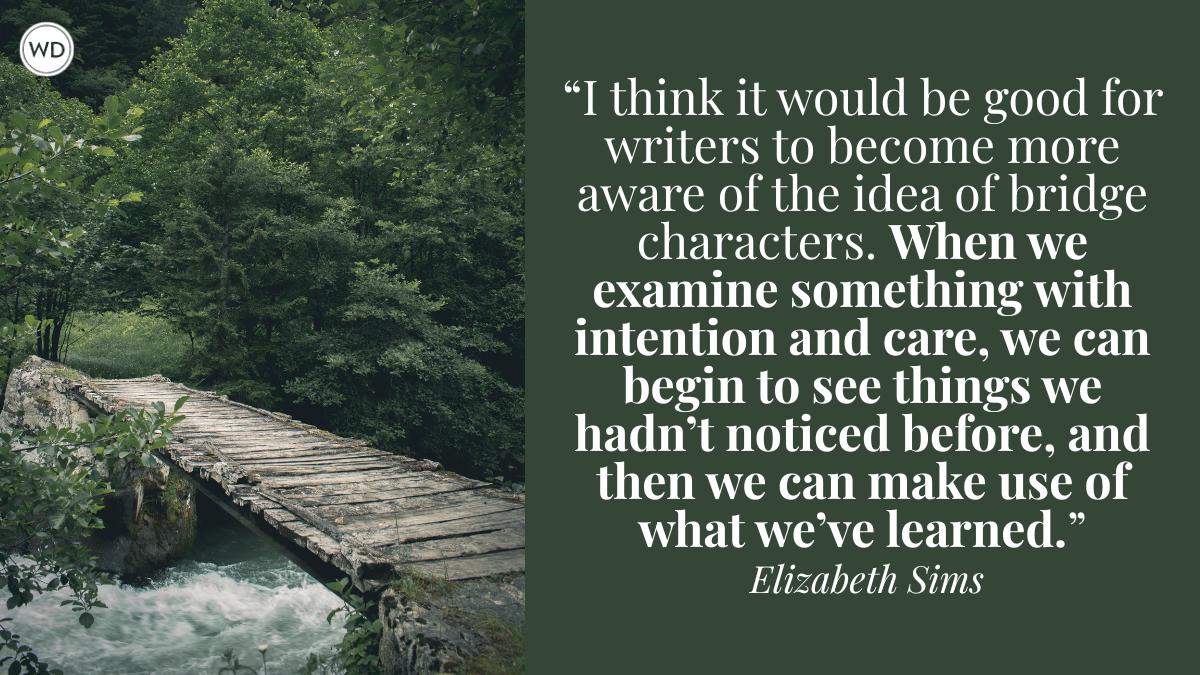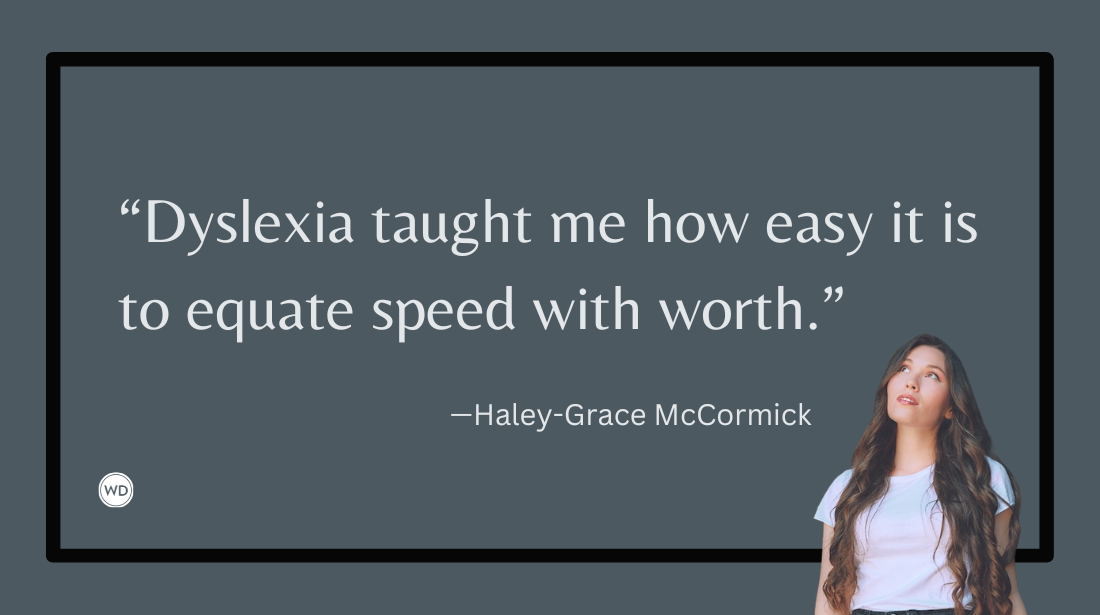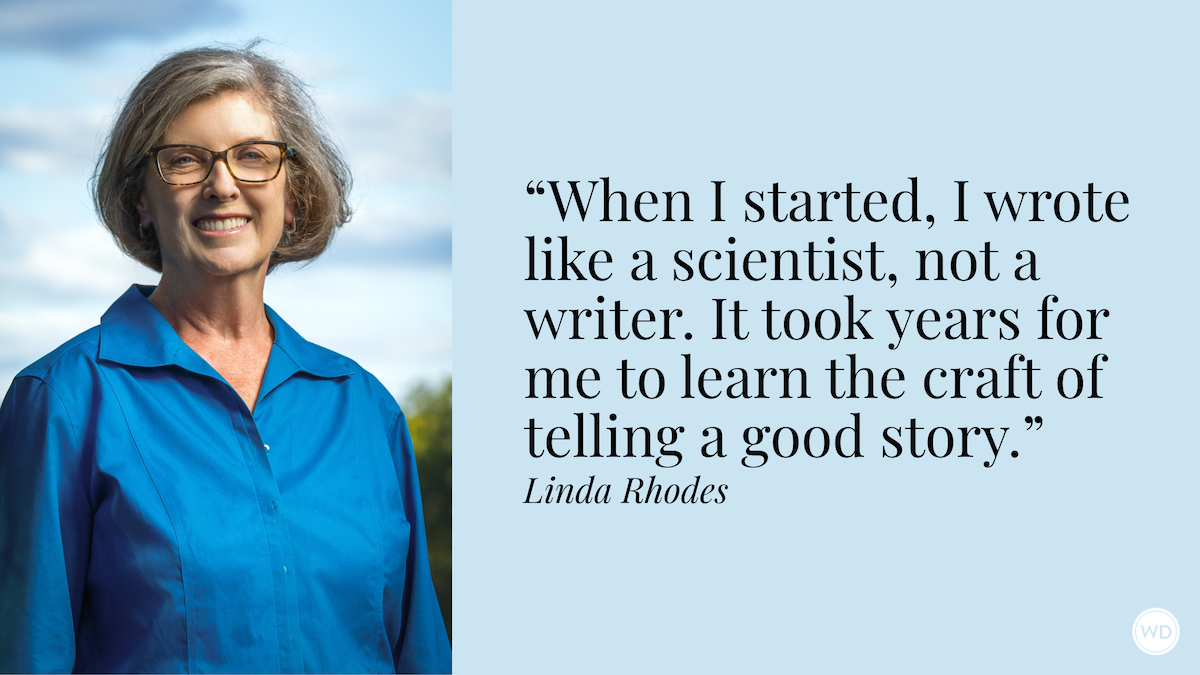Megan E. Freeman: On the Importance of Finding a Trusted Reader
In this interview, author Megan E. Freeman discusses what it was like to write a hybrid novel with her new middle-grade adventure, Away.
Megan E. Freeman attended an elementary school where poets visited her classroom every week, and she has been a writer ever since. She writes middle grade and young adult fiction. Megan is also a Pushcart Prize–nominated poet. An award-winning teacher with decades of classroom experience, Megan taught multiple subjects across the arts and humanities to students of all ages. She lives near Boulder, Colorado. Visit her online at MeganEFreeman.com, and follow her on X (Twitter), Facebook, and Instagram.
In this interview, Megan discusses what it was like to write a hybrid novel with her new middle-grade adventure, Away, her hope for readers, and more.
Name: Megan E. Freeman
Literary agent: Deborah Warren, East West Literary Agency
Book title: Away
Publisher: Simon & Schuster/Aladdin
Release date: February 11, 2025
Genre/category: Middle-grade adventure
Previous titles: Alone
Elevator pitch: A group of children investigate the threat that prompted large-scale evacuations in this powerful and dramatic companion novel to the New York Times bestselling Alone told in multiple POVs.
What prompted you to write this book?
Since my first novel Alone came out in 2021, I have been invited to many schools and visited with many young readers. They always want to know more about the mysterious threat that causes the 12-year-old main character to be left behind after her town is evacuated and abandoned. After many of these conversations, I knew I needed to write a companion novel, and that’s the book that became Away.
How long did it take to go from idea to publication? And did the idea change during the process?
I started thinking seriously about this story in March of 2023, and by June I had sent a synopsis and the first 50 pages or so to my agent. We tweaked it a bit together, and then sent a proposal to my editor in mid-July. She bought the book, and I had until January of 2024 to finish writing. We did a few rounds of developmental edits, and we spent a lot of time working on the page layout and book design. Because it’s a hybrid novel with a lot of verse sections, the formatting created some challenges. I’m lucky to be part of an amazing publishing team who pulled out all the stops to create a gorgeous book.
Were there any surprises or learning moments in the publishing process for this title?
This is my second novel in verse, and I’ve learned a lot about the impact of page turns and layout. Just like in a children’s picture book, page turns in verse novels control the pacing of the story and can build tension or create space to breathe. And the precise placement of words and line breaks and white space on each page is intentional and creates nuanced effects on the reader’s experience of the story. When I’m drafting and revising in Scrivener, I don’t know exactly what the layout and scale of the final book will be, and I’m aware that I may need to make adjustments in the design phase. Now that I’ve been through it with two books, I have a much better understanding of the possibilities and limitations. As I work on revisions for a new book, we are already having editorial conversations about formatting and layout, and I think we’ll be able to avoid some of the pitfalls I created from my previous lack of experience.
Were there any surprises in the writing process for this book?
I had never written a book on proposal before, and I had never created such a detailed and lengthy outline. I had also never written a hybrid novel using different forms to tell a story. The entire endeavor was a huge learning curve for me, and I had to radically change the way I worked. To use a Colorado metaphor, I often felt like I was out over my skis, and I felt vulnerable seeking the help I knew I needed. There was no time for perfectionism or wordsmithing in early drafts, and I sought feedback much earlier in the process than I normally would. Fortunately, I have a generous support system of wonderful writing colleagues and beta readers who were able to look at my pages and give me critiques. I am deeply grateful.
What do you hope readers will get out of your book?
I want my books to engage young readers’ imaginations and critical thinking. I want readers to become absorbed in the stories and feel challenged by the main characters’ dilemmas. And I want to cultivate a love of reading that will propel readers forward into other wonderful books.
If you could share one piece of advice with other writers, what would it be?
Once you’ve written something that feels good and satisfying, find a Trusted Reader and share it with them. It can’t be just anyone. You may have to secretly audition several people before you discover the one who qualifies for the formal title with the capital letters. A Trusted Reader will be the person who, when they’ve read and responded to your work, leaves you eager and excited to get back to your desk to write more. That’s it. That’s the only qualification. The only important thing is how you feel once they’ve read your writing. Through the mysterious alchemy created by your hard work and their generous heart, they unknowingly partner with you to form a positive feedback loop that keeps you excited to write and share with them. A Trusted Reader motivates you to write more, and the more you write, the better your writing will become.








